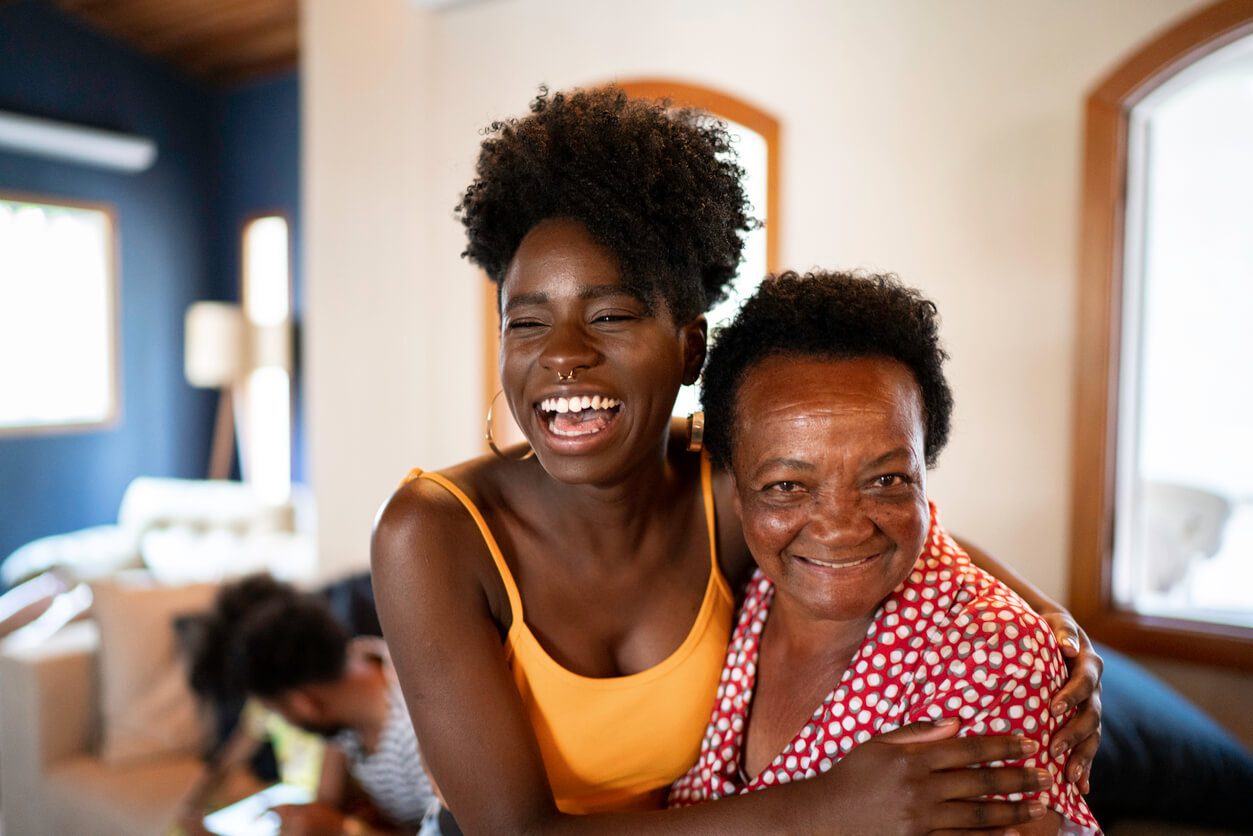International Women’s Day: The incredible role of women in care
Tags
Articles
The care system is full of incredible women doing truly remarkable things. In our hospitals, our care facilities and the homes of the most vulnerable in our society, women are the backbone of the system. Providing companionship, compassion and practical support to people in need. We’ve looking at the contributions of women in care, and how we can help address inequalities.
In the UK, women are more likely to do unpaid care work compared to men.
People provide unpaid care for a number of reasons – it could be because a loved one won’t accept the help of someone they don’t know, or because the local health and social care system is unable to provide the right level of support. However, one thing is for certain, the vast majority of the people providing care are women. According to 2022 research from the Centre for Progressive Policy, Nearly half of working-age women are providing an average of 45 hours of unpaid care every week. Meanwhile 25% of men provide just 17 hours a week.
The expectation is more heavily on women too. In a recent survey a staggering 88 percent of women, and 65 percent of men agreed there is a greater expectation on women to take on caring responsibilites.
Care spotlight – Mary Seacole
The pioneer of convalescent care
Mary Seacole was born to a Jamaican mother and Scottish father in 1805, and is widely considered to be the world’s first nurse practitioner. Growing up in the Caribbean she studied herbal medicines, and travelled to Britain to offer her services at the start of the Crimean war.
At the war office she was met with prejudice due to her gender and heritage, and was told she wasn’t needed. Undefeated, Mary travelled to Balaklava herself, and set up her own refuge for injured and sick soldiers called the ‘British Hotel’.
She was also known to go to the battlefield – risking her life to tend to the wounded.
After the war she returned home to nothing. To show their gratitude for her bravery and compassion, service men organised a money-raising gala for Mary in London, attended by over 80,000 people, including royalty.
Women provide the equivalent of £50bn worth of informal adult care each year
Informal care can be anything from helping someone get up and about to making sure they’ve taken their medication. Each day the role of women in unpaid care is truly staggering. Hundreds of millions of people rely on their dedication and love to live a good quality of life.
The care they provide is likely to be more intensive too
Carers UK report that more women than men provide high intensity care, and often at ages when they would expect to be in employment. This is reflected in workplace trends as an increasing number of people are struggling to balance work and care. In fact, three out of five women say their caring responsibilities prevents them from applying for a new jobs, or taking promotions.
It’s also estimated that around 600 people a day leave their jobs in order to care for a loved one.

A massive 81% of all social care jobs are performed by women
When it comes to carer roles, Skills For care also states that care is one of the rare sectors where women are overrepresented. The average worker in care is 44.6 years old and 29% of workers were aged 55 or over.
Care spotlight – Frances Davidson
Providing peace and protecting dignity
Originally from Aberdeenshire, little is known about Frances Davidson’s early life. However, in 1885 she set up the UK’s first ‘end of life’ home, so that terminally ill people had somewhere safe and peaceful to stay.
It’s believed Frances had the idea while working for the Mildmay Mission Hospital in London, caring for people with terminal tuberculosis. The ‘home of peace’ as it was often referred to, was opened at 133 Mildmay Road, Islington with just eight beds. However, by 1892 Frances was able to move the home to South Hampstead with enough space for 35 patients.
Care at the home was free, and Frances gave preference to those who would otherwise have ended up in workhouse hospitals– which were usually small, badly ventilated, and a hotbed for disease.
Let’s celebrate the role of women in care
Women’s contribution to care cannot be overstated, and yet the above reflects on serious inequalities that exist within the world of care and people’s expectations. Thid International Women’s day, lets start a conversation about how to give women a greater voice when it comes to care, and ensure those that choose to care feel supported.
Read our latest blogs
Browse the latest blogs and tips on living well in later life.